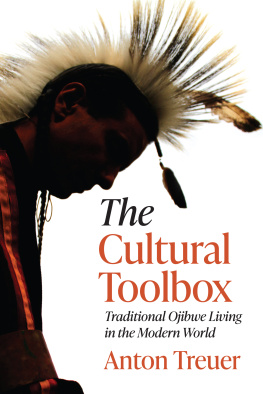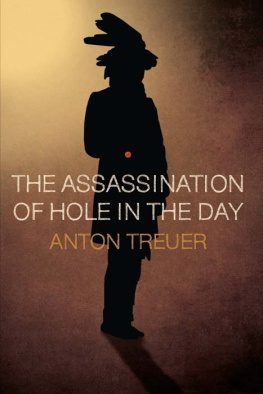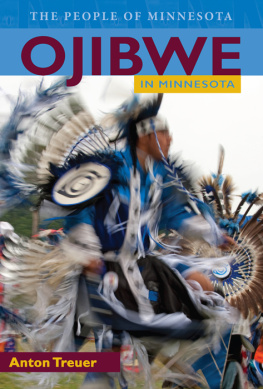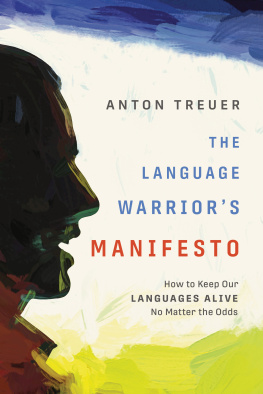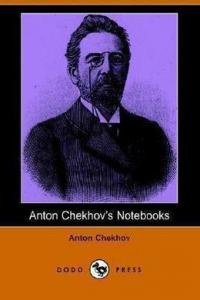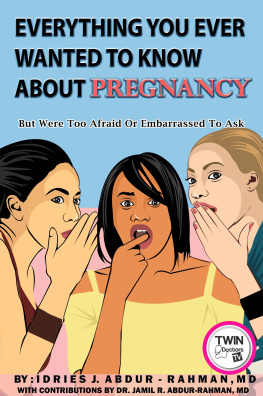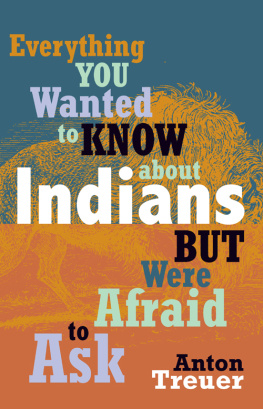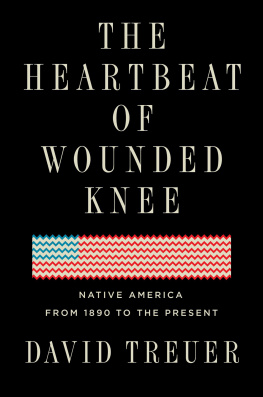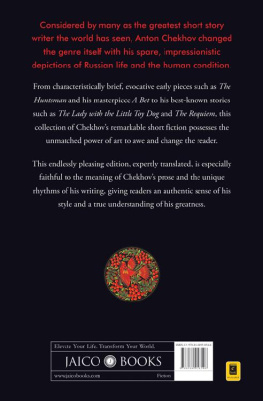Anton Treuer - Everything you wanted to know about Indians but were afraid to ask
Here you can read online Anton Treuer - Everything you wanted to know about Indians but were afraid to ask full text of the book (entire story) in english for free. Download pdf and epub, get meaning, cover and reviews about this ebook. year: 2021, genre: Politics. Description of the work, (preface) as well as reviews are available. Best literature library LitArk.com created for fans of good reading and offers a wide selection of genres:
Romance novel
Science fiction
Adventure
Detective
Science
History
Home and family
Prose
Art
Politics
Computer
Non-fiction
Religion
Business
Children
Humor
Choose a favorite category and find really read worthwhile books. Enjoy immersion in the world of imagination, feel the emotions of the characters or learn something new for yourself, make an fascinating discovery.

- Book:Everything you wanted to know about Indians but were afraid to ask
- Author:
- Genre:
- Year:2021
- Rating:4 / 5
- Favourites:Add to favourites
- Your mark:
- 80
- 1
- 2
- 3
- 4
- 5
Everything you wanted to know about Indians but were afraid to ask: summary, description and annotation
We offer to read an annotation, description, summary or preface (depends on what the author of the book "Everything you wanted to know about Indians but were afraid to ask" wrote himself). If you haven't found the necessary information about the book — write in the comments, we will try to find it.
Everything you wanted to know about Indians but were afraid to ask — read online for free the complete book (whole text) full work
Below is the text of the book, divided by pages. System saving the place of the last page read, allows you to conveniently read the book "Everything you wanted to know about Indians but were afraid to ask" online for free, without having to search again every time where you left off. Put a bookmark, and you can go to the page where you finished reading at any time.
Font size:
Interval:
Bookmark:
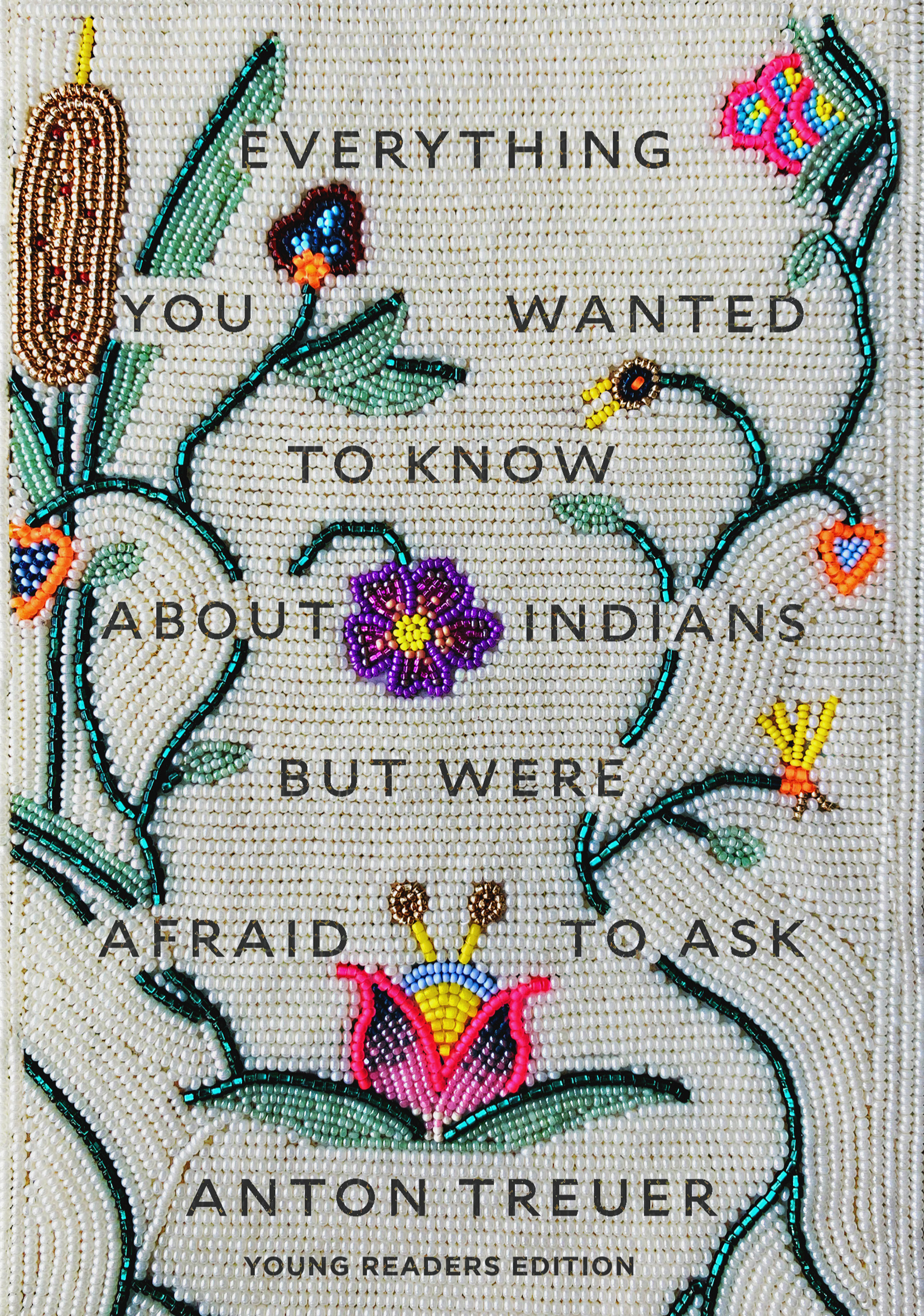

ALSO BY ANTON TREUER
The Indian Wars: Battles, Bloodshed, and the Fight for Freedom on the American Frontier
The Assassination of Hole in the Day
Warrior Nation: A History of the Red Lake Ojibwe
Atlas of Indian Nations
The Language Warriors Manifesto: How to Keep Our Languages Alive No Matter the Odds

This is an Arthur A. Levine book
Published by Levine Querido

www.levinequerido.com info@levinequerido.com
Levine Querido is distributed by Chronicle Books LLC
Text copyright 2021 by Anton Treuer
Based on the book Everything You Wanted to Know About Indians But Were Afraid to Ask, by Anton Treuer, published by the Minnesota Historical Society Press, 2012.
All rights reserved
Library of Congress Control Number: 2020937517
Hardcover ISBN 978-1-64614-045-9
Ebook ISBN: 978-1-64614-052-7
Published April 2021
For my son, Evanthe navigator.
You are the one youve been looking for.
The world is your map and the compass is inside you.
AMBASSADOR
No matter what they ever do to us, we must always act for the love of our people and the earth. We must not react out of hatred against those who have no sense.
John Trudell
Indians. We are so often imagined, but so infrequently well understood.
I grew up in a borderland. My family moved a couple times, but we usually lived on or near the Leech Lake Reservation in northern Minnesota. I went to school in the nearby town of Bemidji with plenty of other Native kids and many more Whites. The town is more diverse now, but in the 1970s and 1980s, it was almost entirely Whites and Indians. The town is surrounded by the three largest reservations in Minnesota (in land size and number of people), but the Native and non-Native worlds rarely interacted. The school took kids on field trips to Minneapolis, 225 miles away, rather than to the neighboring Native communities. Many Whites were scared of Indians and few had a chance to learn about Native Americans, so White folk usually just stuck to their imaginings. Many Indians were scared of Whites too (I know I was), so the disconnection cut both ways.
That borderland I grew up in was more than an awkward mix of races and communities. It was a divided and confusing place politically, legally, intellectually, and culturally. The tribes maintained their own governments and rarely got involved in the American political process, especially at the local level. And no outsider ever felt like they had any authority to ask about, much less comment on or participate in, anything happening on the rez. The web of contradictory jurisdictions and agencies that dealt with criminal affairs and Indian land never made much sense to anyone of any race.
Native Americans hadnt written many books, and school districts and the general public were not open to Vine Deloria, Jr. and the few other radical Indians who had actually managed to get anything in print. Most of the elders on the rez had gone to government-run residential boarding schools. Their children (the parental generation of my youth) often did not trust the government or schools as a result. Educators and administrators resented the parents absence from school conferences and the truancy of many Native students, but nobody talked about the bigger issues, which sat like a giant bear in the corner of the room every time the schools and Native families interacted. My family and every one of my uncles and aunts harvested wild rice, snared rabbits, and made maple syrup every year, but most of my non-Native peers did not.
As a young person, I had several painful experiences with overt racial discrimination, but I also made some great friends in high school. Many were White. I was truly inspired by my history teacher, Thomas Galarneault, whose lectures and support contributed to my lifelong interest in education and history. I was encouraged by Marlene Bergstrom in the guidance office. And I was a great student. But the borderland remained a bramble on every level. I was tired of the tension, the confusion, and the mean-spirited statements of my peers about drunken Indians. I applied to Princeton University on a whim and surprised everyone, from my peers to my parents and especially myself, when I got in. I had found a way outor so I thought.
At college, I was looking forward to a breath of fresh air and a break from the borderland of my youth as much as I was to the challenges of a new stage of life. And those years remain some of my most treasured. But I still had a profoundly well-educated Princetonian ask me, Where is your tomahawk? Another time, a woman approached me in the college gymnasium and exclaimed, You have the most beautiful red skin. I was too shocked to respond. I took a friend to see Dances with Wolves and was told, Your people have a beautiful culture. My people come from the Great Lakes rather than the Plains and from the modern age rather than the 1800s, but again, I had no response. I made many lifelong friends at college, and they supported but also challenged me with questions like Why should Indians have reservations?
By my junior year, I realized I had not escaped the borderland. No matter how far I traveled, the haze engulfed everyone I met. Indians were imagined, not understood. And there were few resources and opportunities to do anything about it. I wanted to come home.
Homesick though I was, I was not going to be another statistic by dropping out of school. I decided to finish college, but started a quest to learn more about myself. I didnt want to run from the borderland. I wanted to understand it better and do something to make it easier for others to traverse.
While at Princeton, I heard that a Comanche medicine woman named Barrett Eagle Bear was coming to New Jersey from Texas to run sweat lodge ceremonies. The Comanche are from Texas and Oklahoma, and its a little strange for Natives to run ceremonies outside of their home region. I was just smart enough to know that this person could be an impostor, but I was too hungry for a taste of home to care. I drove out to the wooded area where she would conduct her ceremony and found, to my great surprise, over fifty naked White people standing among the trees, waiting. One man was holding a staff adorned with a pair of deer antlers and chicken feathers. Part of me wanted to laugh because there were fifty naked White people standing in the woods. Part of me wanted to run away. There were fifty naked people standing in the woods. And part of me was furious at what looked like a bunch of White people playing Indian. This was not real. I started to doubt whether Eagle Bear was even Indian for allowing the charade. I kept thinking, Is this what they think we are all about? Being nave, I opened the car door. I was immediately folded into a tight embrace by one of these naked strangers, who was hugging mehardsaying, I am so sorry for what my people have done to your people. Awkward. Now the desire to laugh, run, or get mad only grew.
Font size:
Interval:
Bookmark:
Similar books «Everything you wanted to know about Indians but were afraid to ask»
Look at similar books to Everything you wanted to know about Indians but were afraid to ask. We have selected literature similar in name and meaning in the hope of providing readers with more options to find new, interesting, not yet read works.
Discussion, reviews of the book Everything you wanted to know about Indians but were afraid to ask and just readers' own opinions. Leave your comments, write what you think about the work, its meaning or the main characters. Specify what exactly you liked and what you didn't like, and why you think so.

